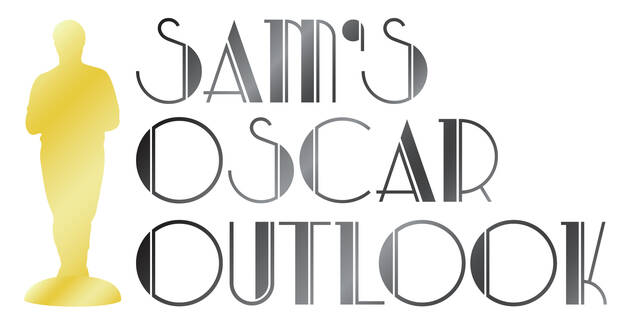The Academy has a habit of confusing most editing with best editing. One of those things is quantifiable and objective, and the other is most certainly subjective. Other than the concept of the Oscars in general, this is perhaps the starkest example of the Academy attempting to bring objectivity into a subjective race. That being said, the Academy does make some fun choices in this category, and all others, and I love them for it.
Let’s get things rolling with “Killers of the Flower Moon,” which is edited by the person often considered to be the best editor ever: Thelma Schoonmaker. Thelma is Martin Scorsese’s most loyal collaborator, with a partnership that dates back to 1967’s “Who’s That Knocking at My Door?” “Killers” is a little overbaked with an approximately eight-hour runtime, but each individual sequence is nicely cut. It’s good but unspectacular work from one of the greats.
It’s rare for an international film to score an editing nod (only eight others have done so), but “Anatomy of a Fall” broke through. This is a courtroom drama that feels like standard filmmaking for the first half, but the court sequences in the second half make this a worthy nomination. The film remains ambiguous throughout, and the editing makes sure this stays true. It shows us a moment but takes us out of the action when the apex hits. That’s some good suspense.
I like seeing a comedy film included in the editing category, and that slot went to “The Holdovers” this year. This is just a great film in general and, as many have said, a film’s quality and the strength of its editing are indistinguishable. The comedy element here makes the editing more critical. An actor’s timing can make a joke land or fail, but the editor has influence over those moments as well. Linger too long, and the punchline will collapse.
“Poor Things” is loosely a comedy, so some of the same elements that make “The Holdovers’ successful also apply here. I think one major difference is how blunt the editing is in “Poor Things.” This is often used for comedic effect as well, which should tell you that there are multiple ways for editing to emphasize comedy. Because each frame of “Poor Things” is showing us a new color or detail, every smash cut hits even harder.
“Oppenheimer” definitely wins the award for most editing. I love this movie, but it took me a while to get used to the constantly shifting storylines and time jumps. The editing never really settles down, so there’s a required adjustment to keep up with all of the action. That being said, I don’t think it’s lacking in meaning. I think every cut here, whether in a single scene or during a transition point, has a purpose.
There was an unwritten rule back in the day that the best picture winner needed to, at least, be nominated for best film editing. I would say that these are the five films most likely to win best picture in the end. Missing this nomination often spells doom for your chances of big-time Oscar glory.




